Mozambique: Chapo launches “national dialogue” - AIM report
Armed dissent in the Mozambican opposition “does not have an expansion dynamic” – historian
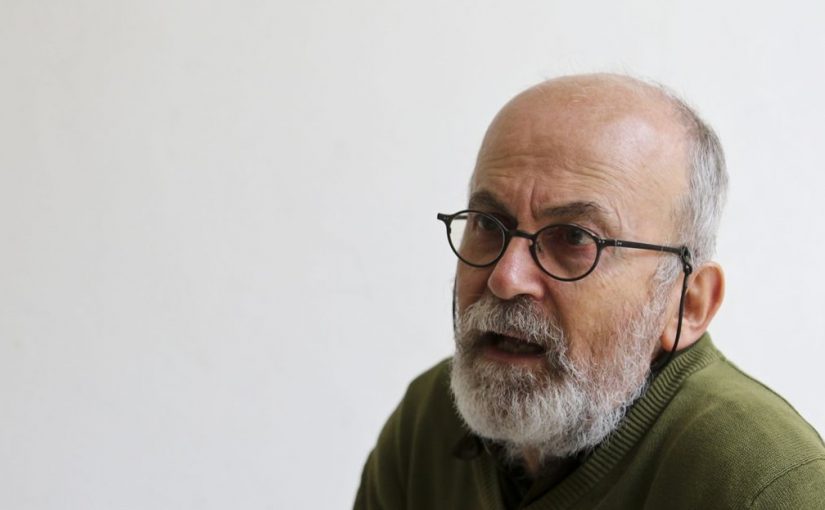
File photo: Lusa
French historian Michel Cahen said on Tuesday that the Renamo Military Junta “does not have an expansion dynamic”, because the group is “a minority dissent” from central Mozambique, with demands which can be resolved with “political will”.
Renamo’s military junta opposes the Peace and Cessation of Military Hostilities Agreement signed last year between the Mozambican government and the leadership of the Mozambican National Resistance (Renamo), the main opposition party, and is accused of carrying out attacks on civilian targets and the Defence and Security Forces (FDS) in the provinces of Sofala and Manica, central Mozambique.
In a webinar on the topic “The Post-Dhlakama Renamo”, Michel Cahen, author of several works on Mozambique, said that the junta’s demands do not have the support of the majority of guerrillas of the armed wing of the main opposition party, and their armed actions do not threaten to expand beyond central Mozambique.
“Renamo’s military junta is a serious issue, but without major political consequences. With political will, it would be easy to resolve. If it is not resolved, it is because there are those who have no desire to resolve,” is the summary the French academic offered.
Cahen said that most of the more-than 5,000 guerrillas Renamo wants to see disarmed and demobilized are loyal to Ossufo Momade and want to go home.
“Most are loyal to Ossufo Momade and are eager to be part of disarmament, demobilisation and reintegration,” he said.
The emergence of a Renamo splinter group, he continued, may be the result of cleavages between an urban military sector in the main opposition party and another in the bush.
“Ossufo Momade [president of Renamo] is decisively a military man of the city and Mariano Nhongo [leader of the junta] is a military man from the bush,” Cahen says.
Despite being an important guerrilla military commander during the civil war that ended in 1992, Ossufo Momade lost contact with the armed men who remained in the bush after the signing of the General Peace Agreement, while Mariano Nhongo never quit the organisation’s forest bases.
Cahen says regional issues might also help explain the challenge to Ossufo Momade’s leadership, as he comes from Nampula in northern Mozambique, while Renamo was founded in the centre of the country, and its previous presidents have all been from this region.
The historian says that the fact that Ossufo Momade belongs to an ethnic group different from the founding leaders of Renamo is a relevant but not predominant issue, because the current party leader comes from the largest constituency in the country and won the internal elections also with the support of its second largest constituency, in the province of Zambézia.
“Ethnic identity has to be seen within a range of factors, such as social and regional issues,” he stressed.


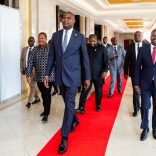
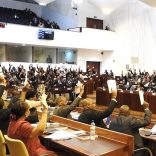
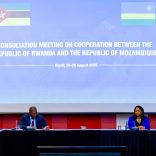

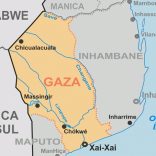
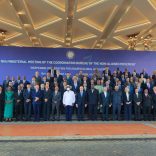




Leave a Reply
Be the First to Comment!
You must be logged in to post a comment.
You must be logged in to post a comment.